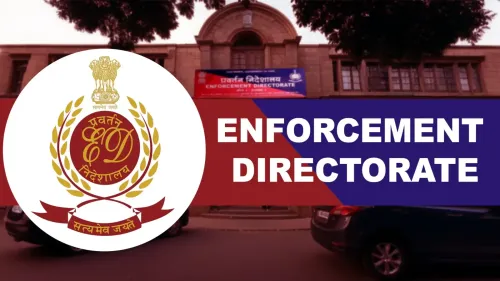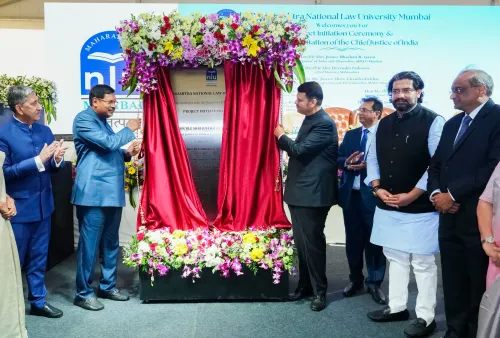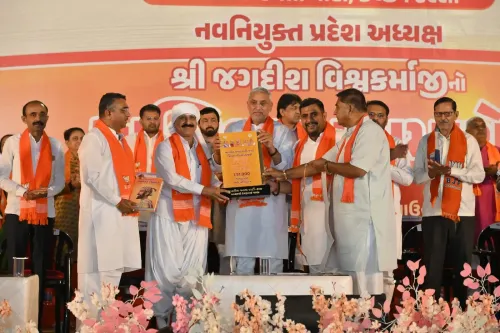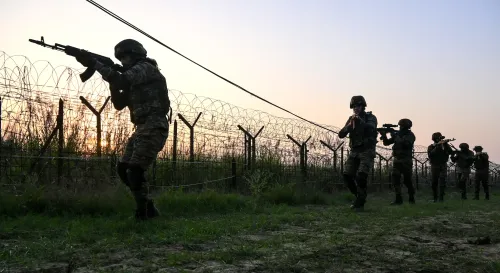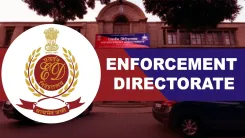Why Did the Bihar Government Transfer 26 DSPs and Six IPS Officers Ahead of Assembly Elections?

Synopsis
Key Takeaways
- 26 DSPs and 6 IPS officers transferred in Bihar.
- Rapid transfers raise concerns about political motivations.
- Instability in law enforcement roles could impact elections.
- Frequent changes may disrupt ongoing operations.
- Critics highlight potential planning issues.
Patna, Aug 7 (NationPress) In a major bureaucratic overhaul prior to the Bihar Assembly elections, the state administration has executed the transfer of 26 DSP-level officers and six IPS officers on Thursday.
Among the reshuffled DSPs, Kumar Rishi Raj stands out. On July 18, he was moved from Daudnagar (Aurangabad) to a prominent posting as SDPO-2 Law and Order in Patna. However, the latest notification on August 7 indicates yet another transfer, this time to Hilsa SDPO (Nalanda).
Observers are questioning the logic behind such swift changes, particularly just before the elections. The instability in crucial law enforcement positions is causing concern among many.
Other notable transfers include Shailesh Pritam as SDPO, Banmankhi; Sunita Kumari as SDPO, Pupri; Sahriyar Akhtar as ASP, Bihar Police Academy, Rajgir; Premchand Singh as Additional SP, BMP-16; Sumit Kumar as Senior DSP, Bihar Police Academy; Rajesh Kumar as SDPO, Jhajha; and Jyoti Shankar as SDPO-1, Purnea Sadar, among others.
As the 2025 elections draw near, the Home Department’s transfer activity has intensified, igniting discussions about the political motives behind these shifts.
Sources within administrative circles have dubbed this process a "Transfer Express," with two significant reshuffles occurring within less than a month.
Critics argue that such frequent transfers can hinder operational efficiency, disrupt ongoing law enforcement activities, and negatively impact officer morale.
A senior former police official, speaking anonymously, stated, “These rapid changes indicate either poor planning or unwarranted political interference. This is not conducive to maintaining law and order during a sensitive election period.”
The abrupt reassignments of officers, especially in critical areas like Patna, have led to speculation regarding internal power dynamics and the reshaping of election strategies.

